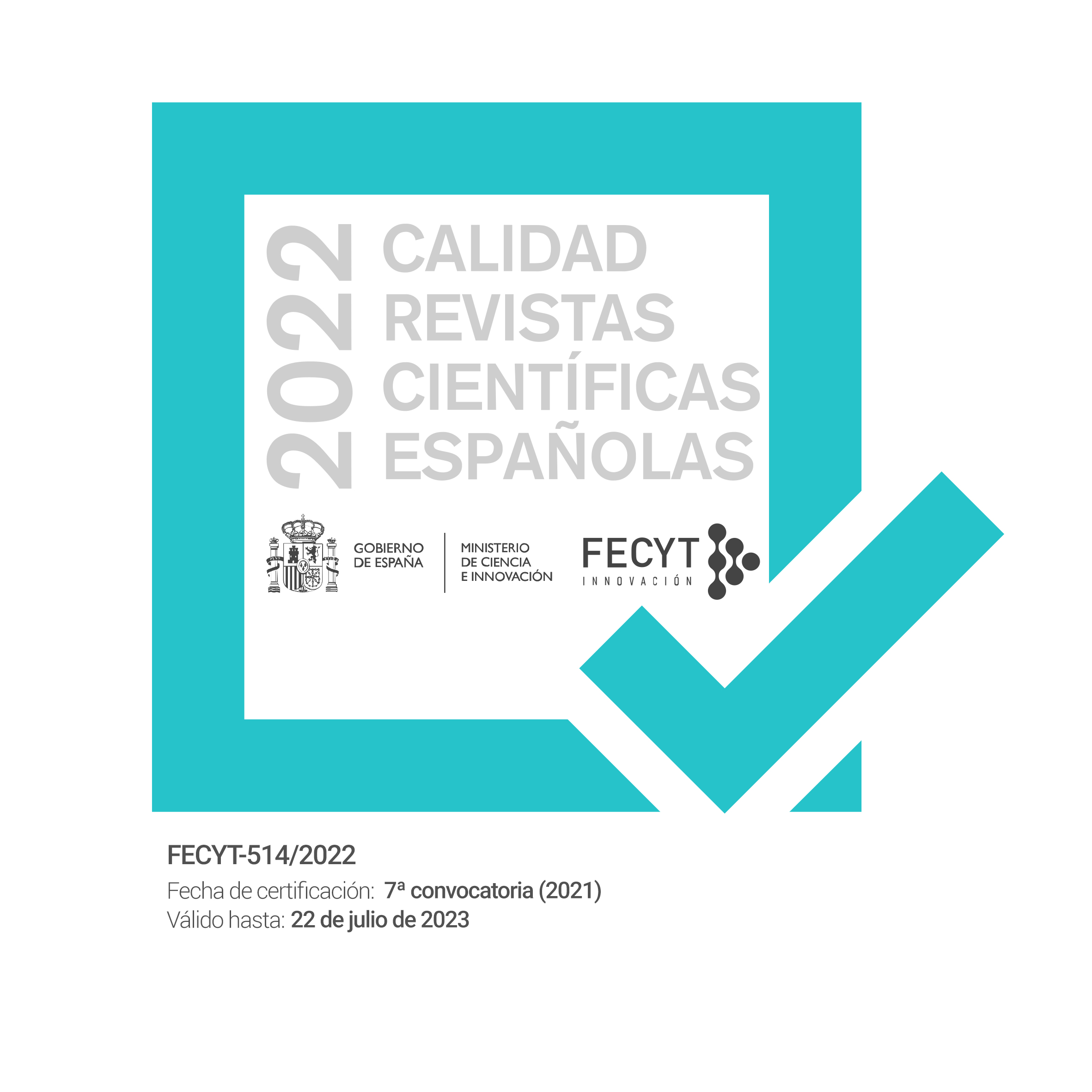FORM AND PERCEPTION OF NATURE IN ELIZABETH BISHOP’S “QUESTIONS OF TRAVEL”
DOI:
https://doi.org/10.12795/REN.2021.i25.14Palabras clave:
Ecocriticism; Ecopoetry; Travel writing; Artifice; Form-conscious poetry; EthicsResumen
Elizabeth Bishop’s poetry, even though rich with detailed natural descriptions, has been rarely discussed within the discourse of ecocriticism due to its form-consciousness and the noticeable presence of human perception in its descriptions. The few ecocritics that study Bishop’s works term these features as her recognition of the artifice and note her ethics of restraint and impersonality in poetry. The importance of human presence in nature writing becomes more evident in analyzing climate change. Caused by and gravely affecting humans, anthropogenic climate change had been underrepresented in traditional ecocriticism because of its insistence on removing the form – and with it, the human – from the text but the incorporation of Bishop’s travel writing and her natural concern in this discourse can help in understanding climate change. “Questions of Travel” is one of Bishop’s poems that directly grapples with the ethics of her presence in nature and her observation of it. Through a close reading of the poem, Bishop’s justifications for her explication of human perception, the function of form in her descriptions, and the importance of such poetry for climate change are investigated.






